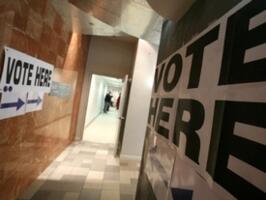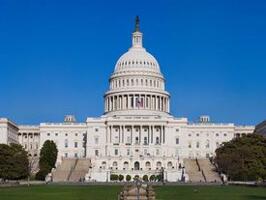55% See Major Cyberattack on U.S. As Act of War
Following the recent major computer attack on South Korea, Americans continue to worry about the safety of this nation’s computer systems, and most still believe a foreign attack on them should be viewed as an act of war.
Eight-four percent (84%) of Likely U.S. Voters are at least somewhat concerned about the safety of America’s computer infrastructure from cyberattack, including 44% who are Very Concerned. A new Rasmussen Reports national telephone survey finds that just 14% are not very or Not At All concerned about such an attack. (To see survey question wording, click here.)
Win an iPad: Take the Rasmussen Challenge. A new question is available today.
The survey of 1,000 Likely Voters was conducted on March 28-29, 2013 by Rasmussen Reports. The margin of sampling error is +/- 3 percentage points with a 95% level of confidence. Field work for all Rasmussen Reports surveys is conducted by Pulse Opinion Research, LLC. See methodology.



















